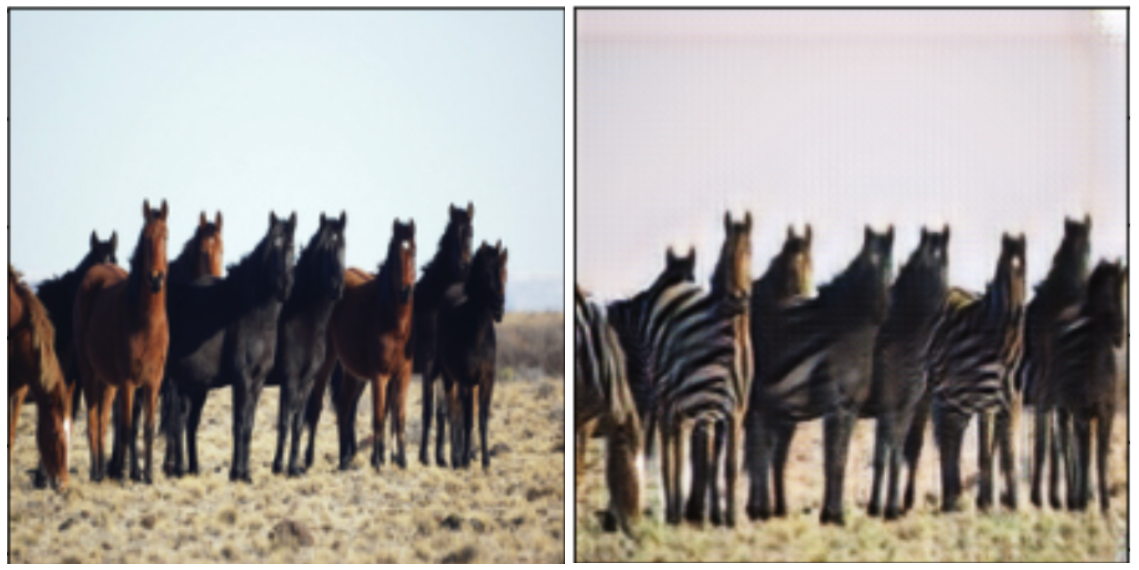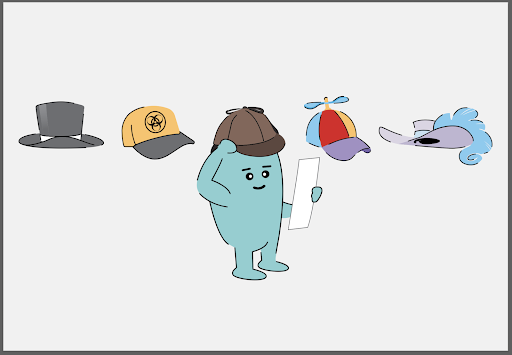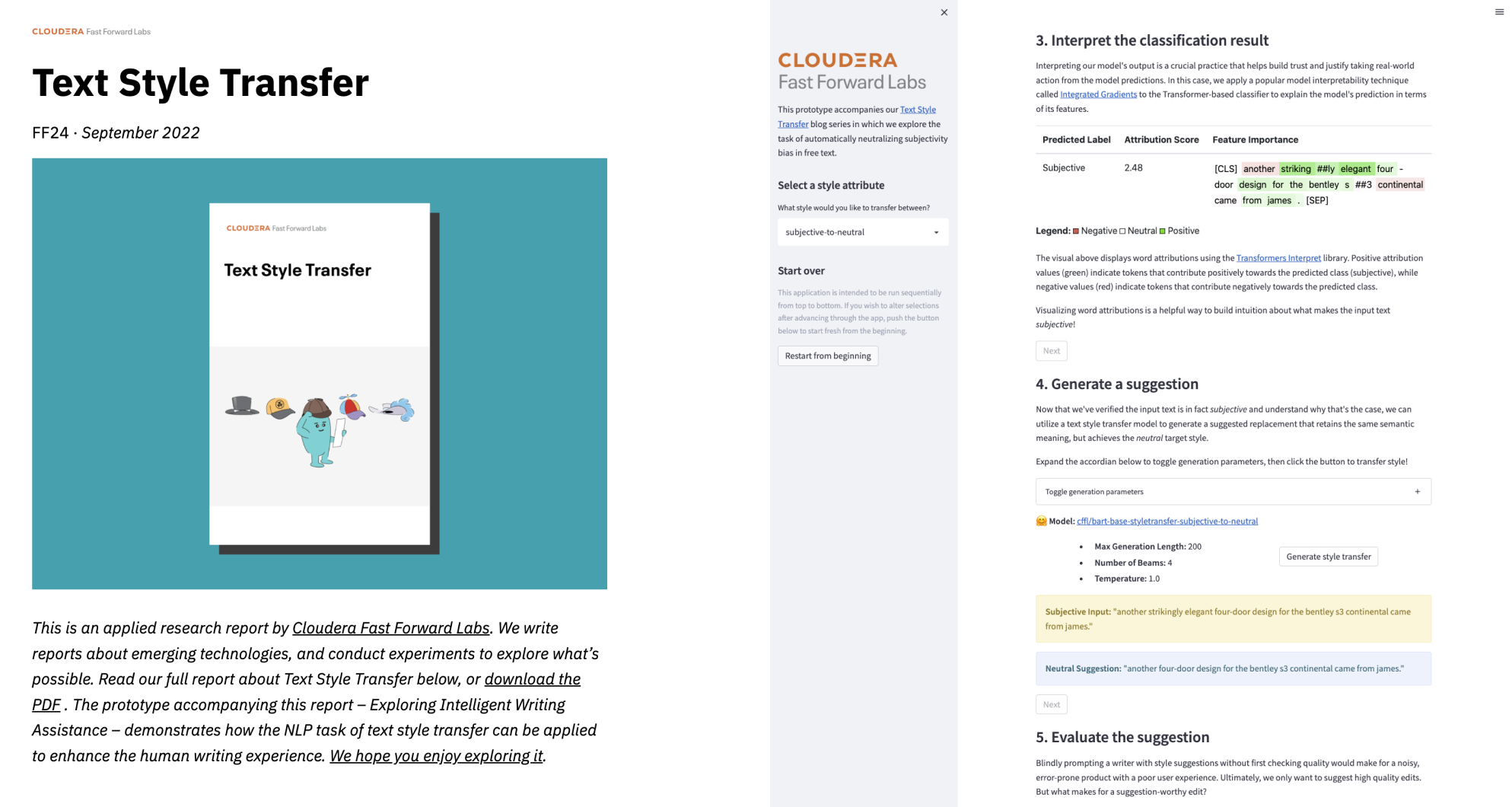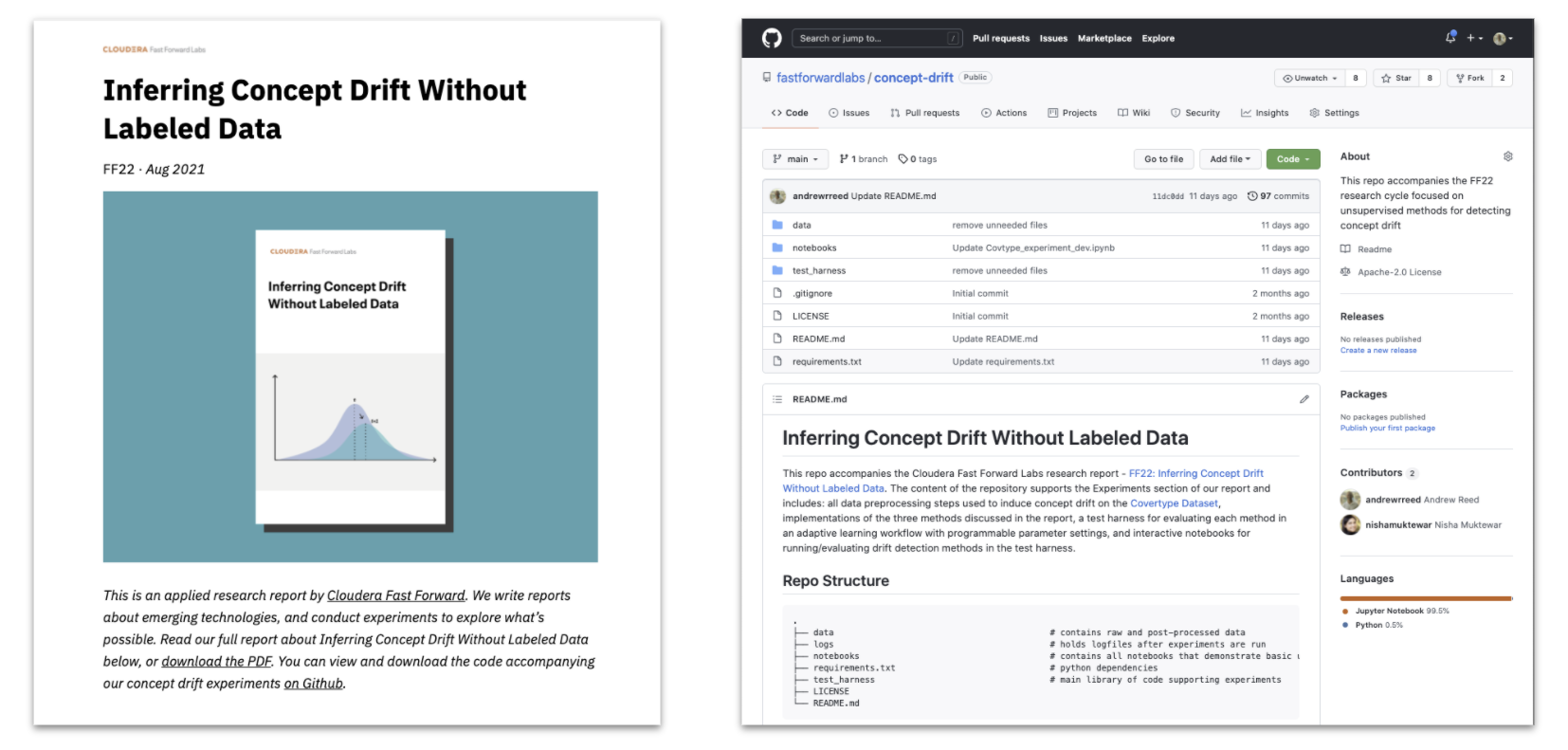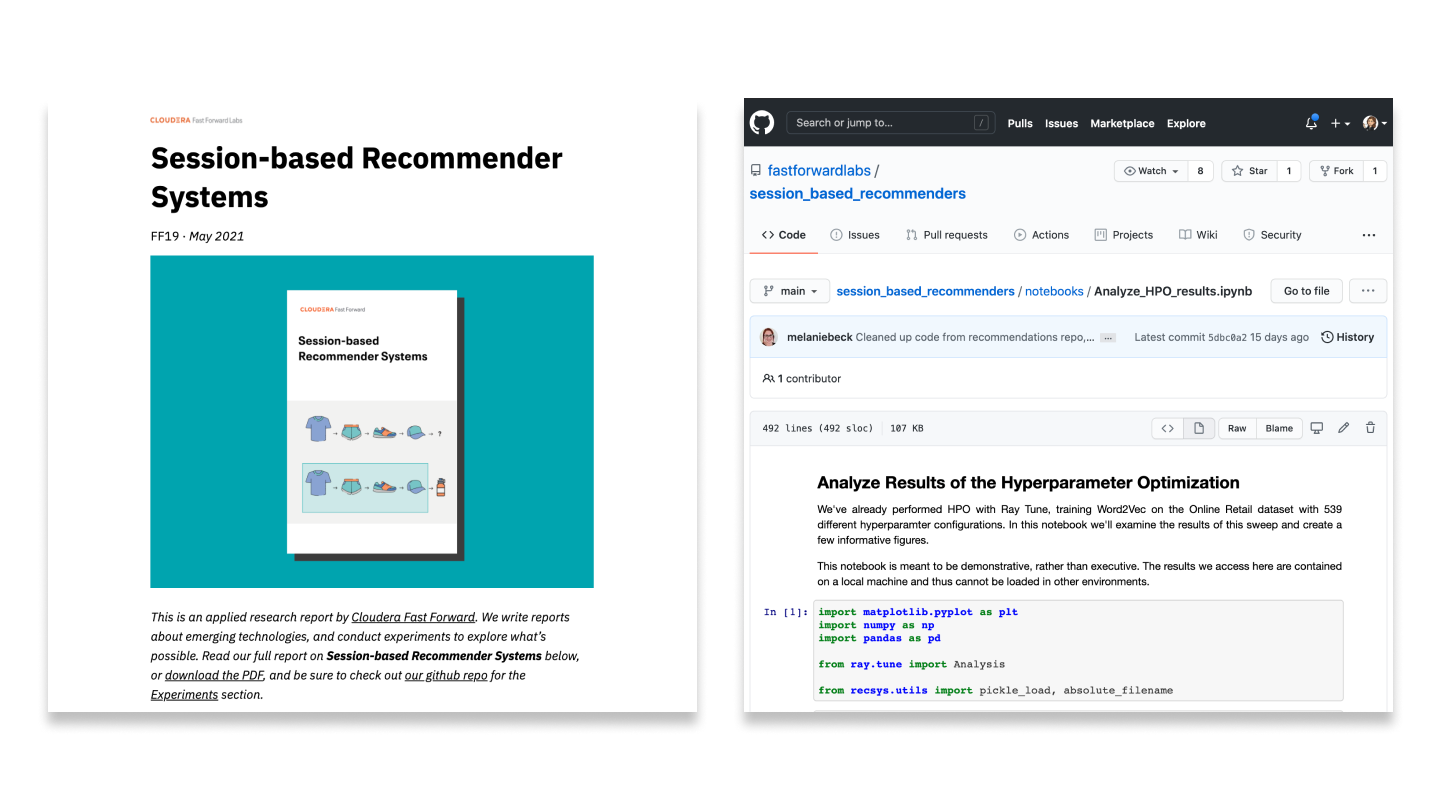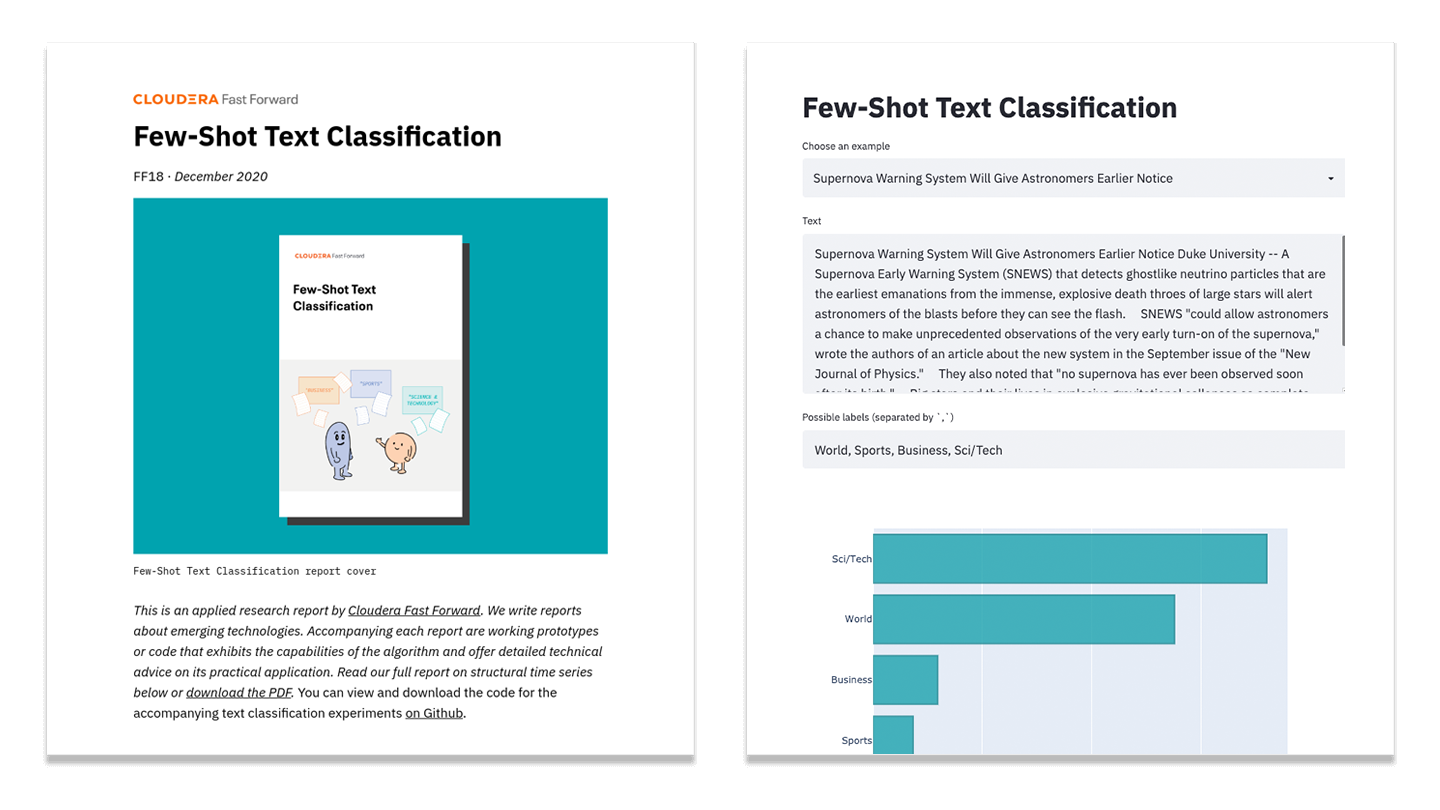Oct 2, 2017 · post
Probabilistic programming: an annotated bibliography
Earlier this year we launched a research report on probabilistic programming, an emerging programming paradigm that makes it easier to describe and train probabilistic models. The Bayesian probabilistic approach to model building and inference has many advantages in practical data science, including the ability to quantify risk (a superpower in industries like finance and insurance) and the ability to insert institutional knowledge (which is particularly useful when data is scarce). The rise of probabilistic programming languages has made it a more practical technique for time-constrained working data scientists.
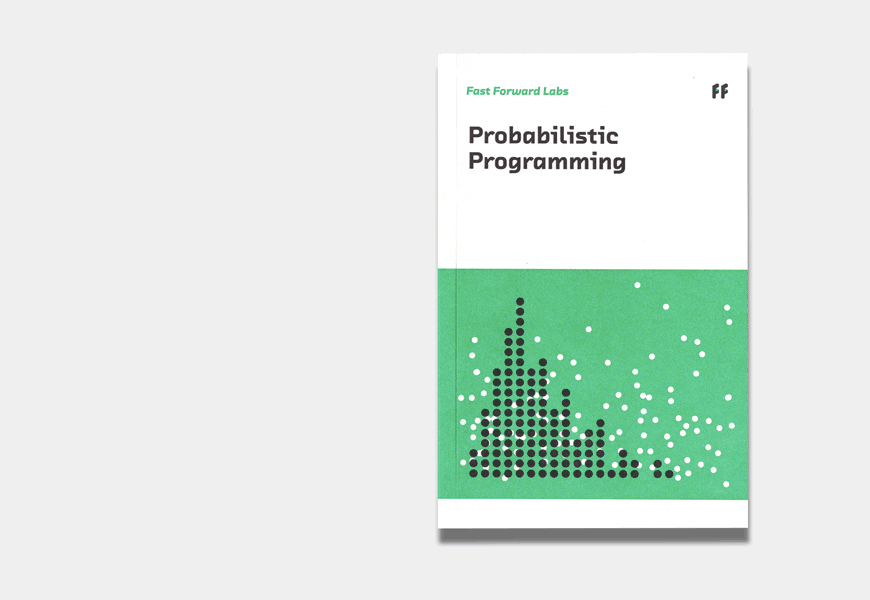
If that sounds great to you, and you’re looking to learn more, the first thing you can do is — work with us! We’ll be glad to discuss our report, relevant use cases in your industry, and next steps to incorporate this approach into your data science work.
But you might also enjoy this list of our favorite resources for learning how to do Bayesian inference and build probabilistic programming systems. These are the books, papers and tutorials we found most useful when conducting our research.
Practical books
If you’re just starting out then we recommend either Doing Bayesian Data Analysis by John Kruschke, or Probabilistic Programming and Bayesian Methods for Hackers by Cameron Davidson-Pilon.
Krushke’s book uses R and Stan (and a language called JAGS, that is really only used for teaching these days). Davidson-Pilon uses Python and PyMC. Choose between these books based on your language preferences. If you don’t have a language preference, we at Fast Forward Labs recommend Davidson-Pilon’s book, which is available online, and in particular the PyMC3 edition (there are some important differences between PyMC3 and previous versions).
Theoretical books
The practical books above cover the basics of the theoretical and mathematical side, but if you’d like a deeper dive into why we do what we do, we recommend Data Analysis: A Bayesian Tutorial by Sivia and Skilling. It’s a relatively short and extremely clear book. For an even shorter introduction, we love Brendon Brewer’s lecture notes for STATS 331.
If your background is in economics or life sciences, you may prefer Data Analysis Using Regression and Multilevel/Hierarchical Models by Gelman and Hill. If your background is in physics or engineering, you may prefer Principals of Data Analysis by Prasenjit Saha (which is available free online).
Research
If you’d like a reading list of research papers, there is no better place to start than the excellent annotated bibliography published last year by Alexander Etz and colleagues. Their notes place the research in a historical and conceptual context, so this is in a sense the least technical document in this list. But the papers they discuss are academic research, so you’ll be grappling with some big ideas, including our favorite
The probability that a person is dead (i.e., data) given that a shark has bitten the person’s head off (i.e., theory) is 1. However, given that a person is dead, the probability that a shark has bitten this person’s head off is very close to zero”.
If you’re interested in the algorithmic and computational cutting edge (Hamiltonian Monte Carlo, variational methods, etc.) then we have a blog post that links to a selection of important papers.
Tutorials and articles
Finally, here are a selection of shorter and/or use-case specific practical articles we’ve found interesting and useful:
- Bayesian Survival Analysis in Python with PyMC3, and indeed any of the posts on Austin Rochford’s blog
- Parameter estimation for text analysis by Gregor Heinrich, which is first and foremost a great topic modeling tutorial, but almost accidentally a great introduction to Bayesian inference.
- Data analysis recipes: Fitting a model to data by Hogg, Bovy and Lang, a deep article about an extremely simple problem (linear regression) that somehow also manages to be funny!

